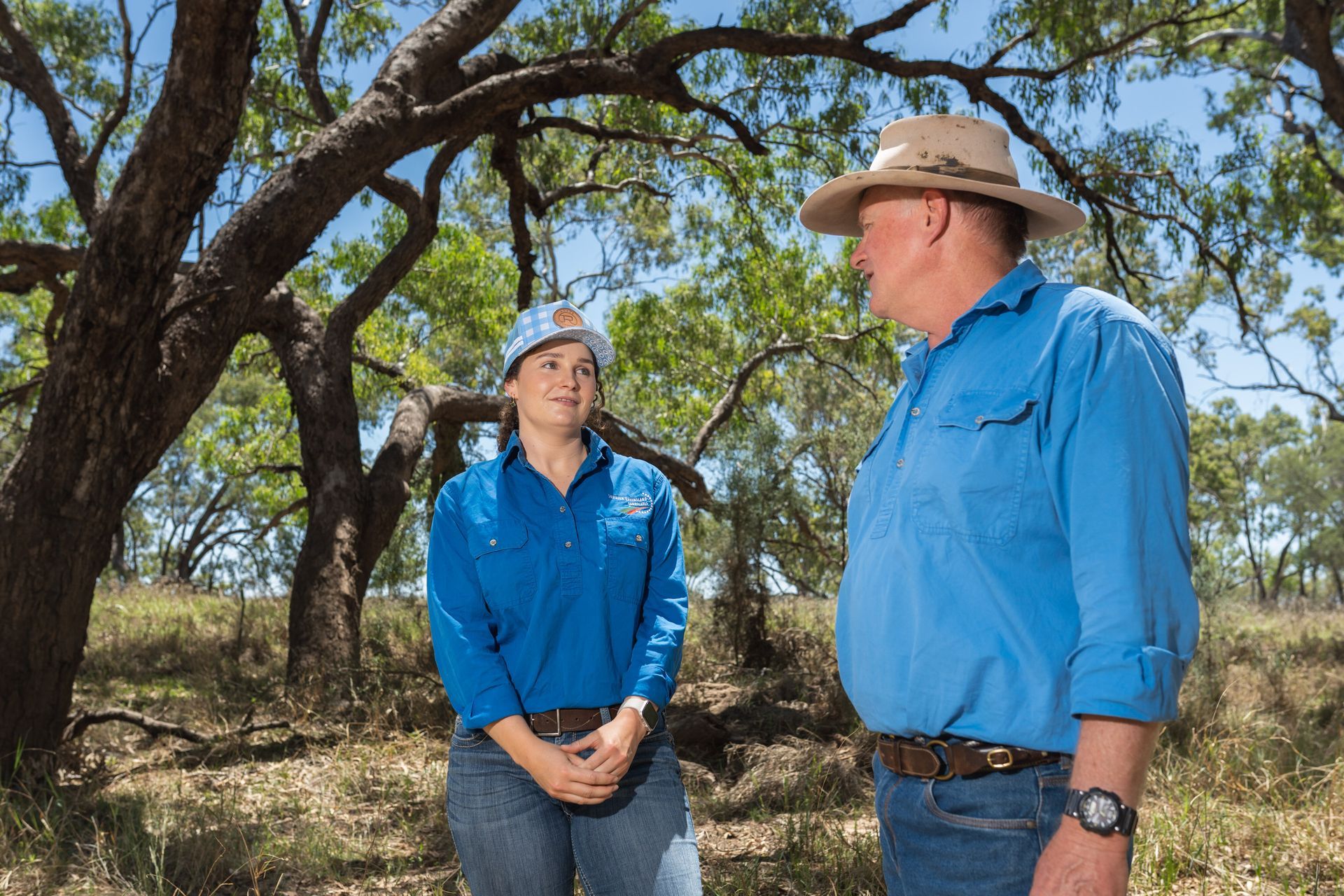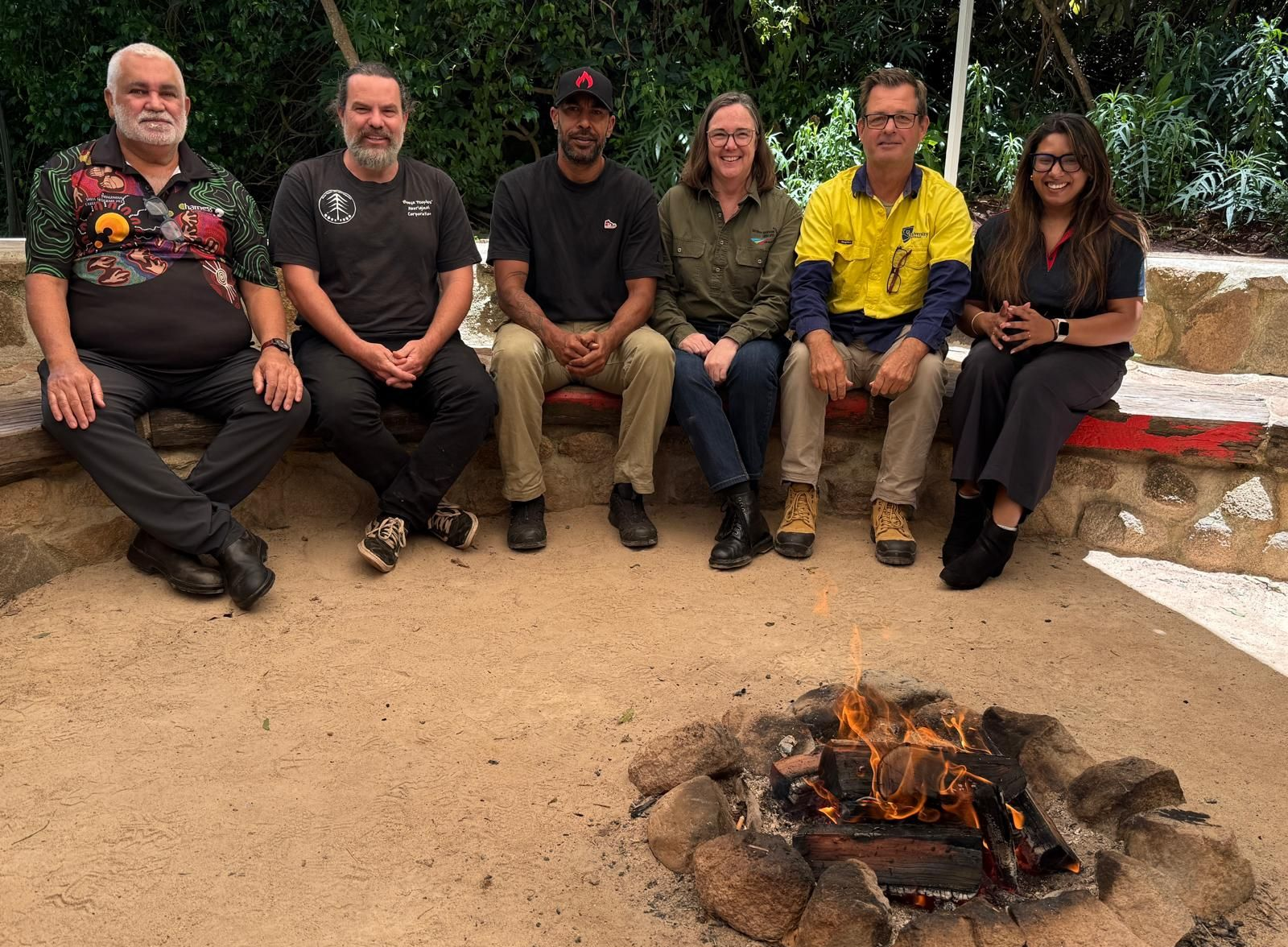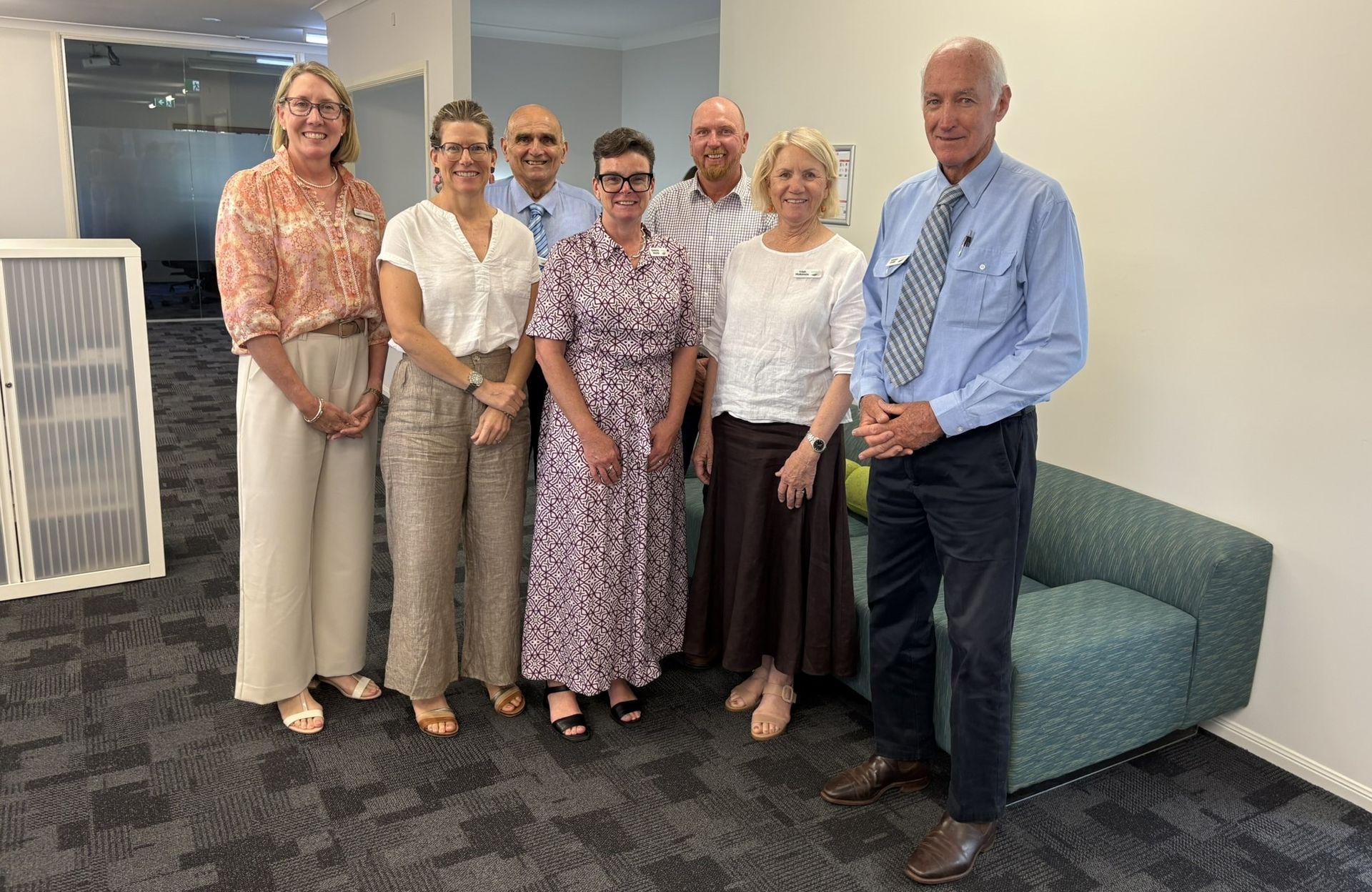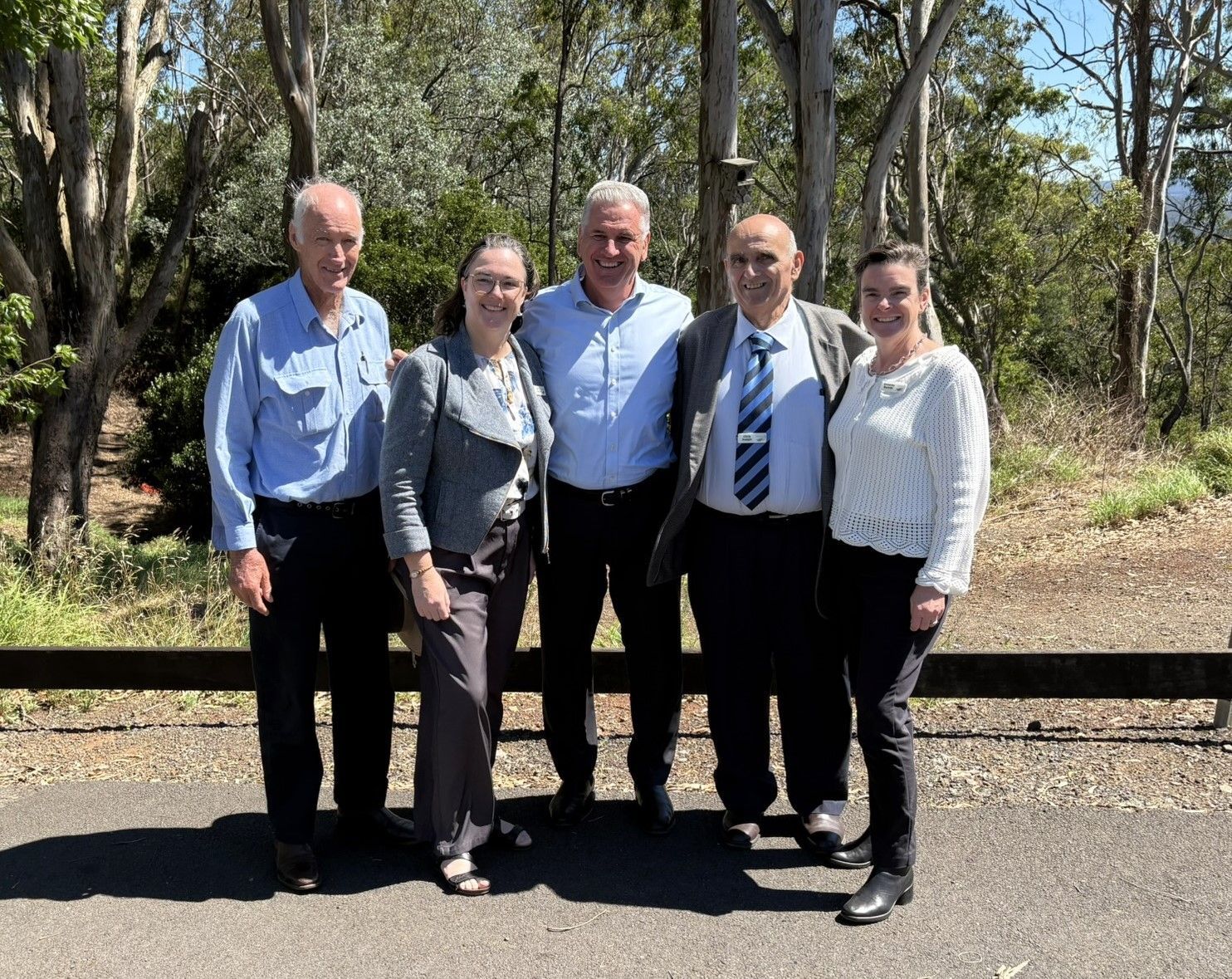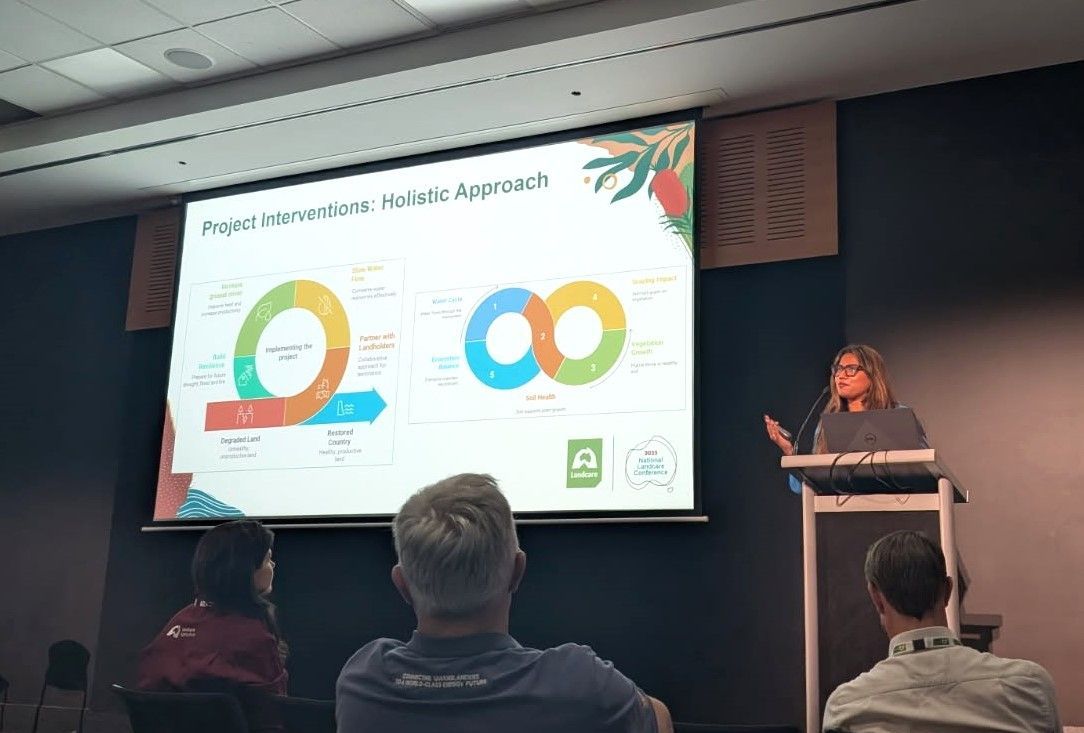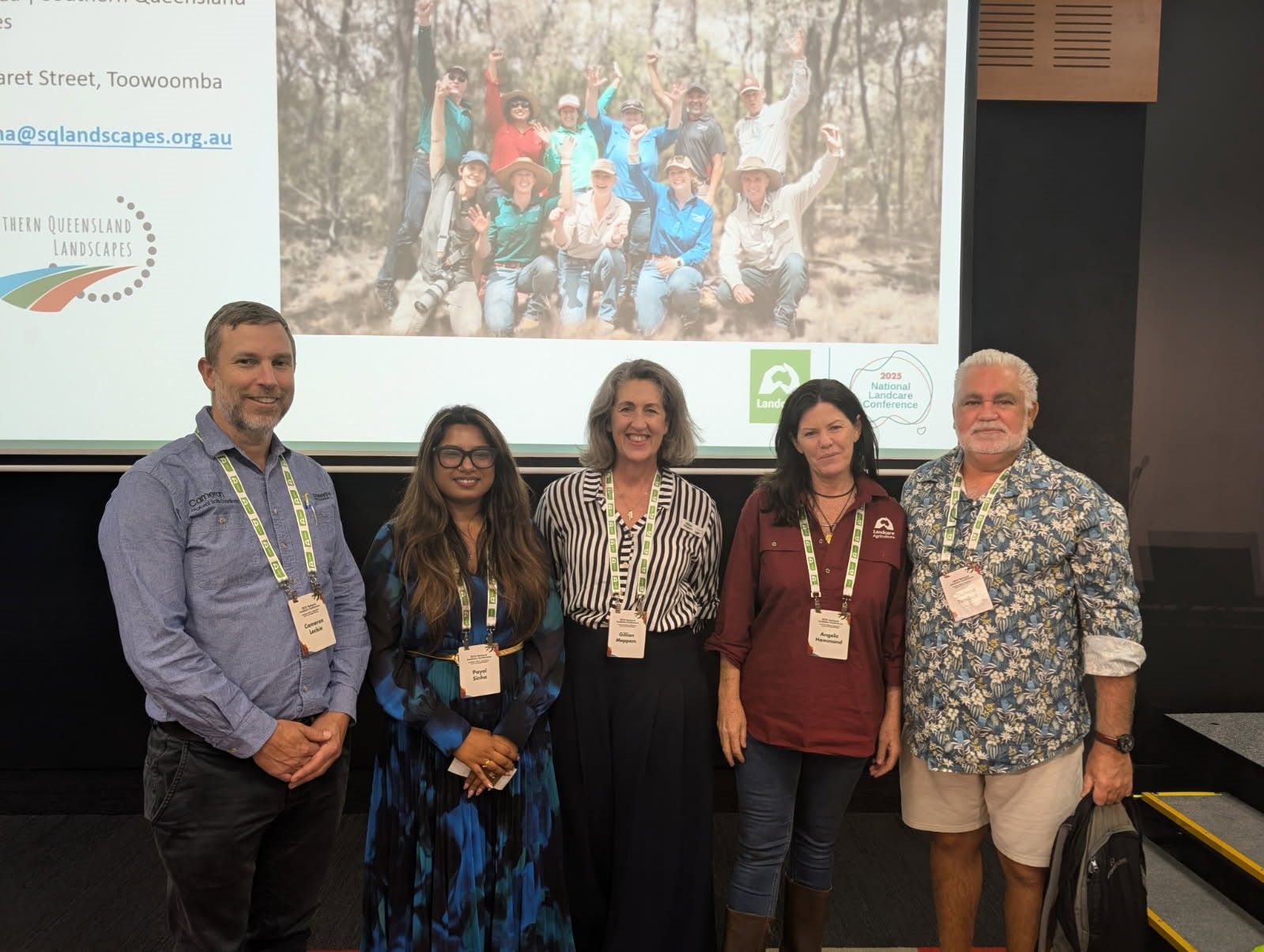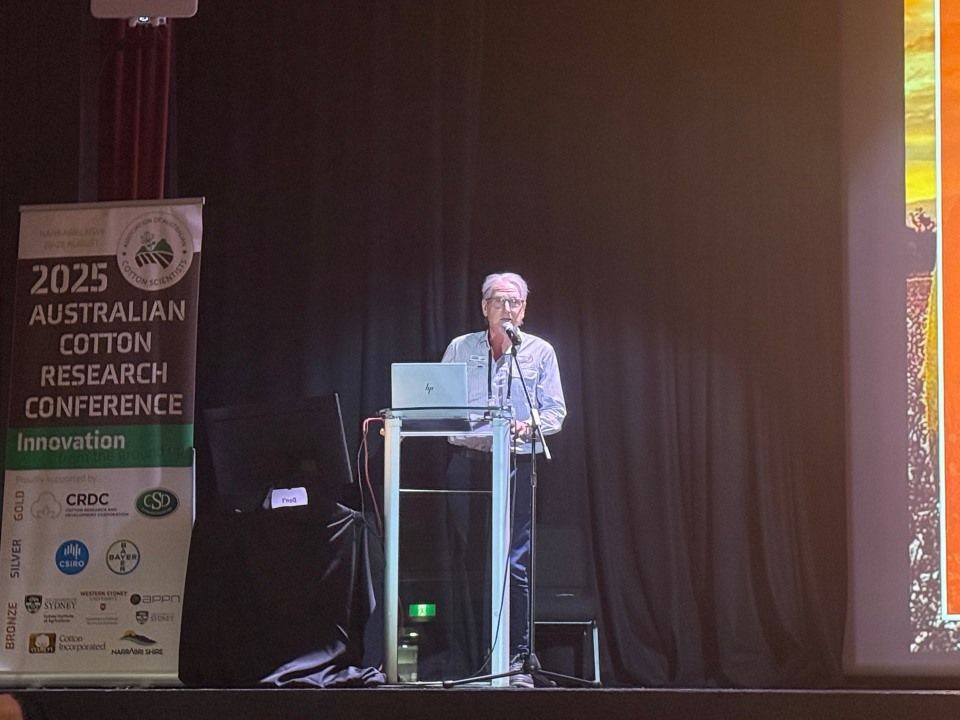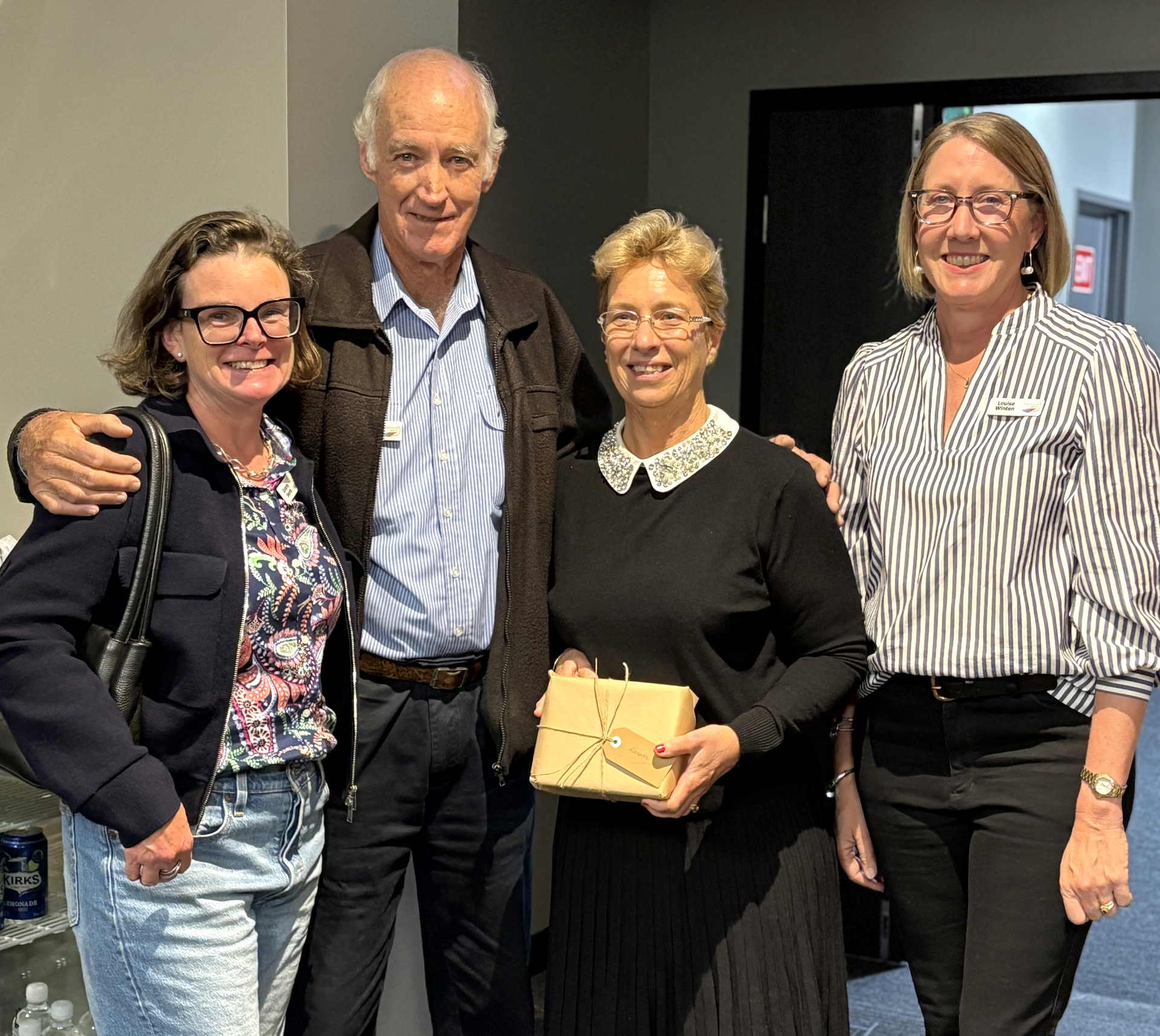Thai-born Toowoomba resident Nayada Hansopa (aka Kanon), is a successful business woman.
Three years ago, with the help of the Australian Government’s NEIS scheme and for-purpose economic development group Many Rivers, she started the transition from Jobseeker and part-time cleaner to owner of a Thai cooking school and handmade condiments.
Chilli Kanon now supplies seven Toowoomba retail outlets and restaurants with delicious hand made curry pastes, oils and jams and is a regular at the Cobb & Co Farmer’s Markets; plus her
chillikanon.com website hosts a convenient online shop supplying people throughout the Darling Downs.
This year, Kanon has set herself a new target to also grow the majority of raw produce used in her condiments right here in Toowoomba; which will not only ensure that her product is the freshest on the market but also boast the lowest food miles.
Food miles is a term used to describe the distance or journey your food takes to get to your plate. The average grocery shopping basket in Australia has travelled a staggering 70,000 kilometres*.
Over the past 8 months, Kanon and Irish born partner Jim Kelleher have transformed a half acre paddock on their small Hodgson Vale farm (8 acres) to a lush, green Thai garden.
“I love to cook and owned a beachside restaurant on Ao Yon Beach in Phuket for about seven years cooking traditional Thai meals for tourists and locals,” Nayada Hansopa said.
“Cooking has been my passion forever and I love to grow much of the produce I cook, so I know it is organic and with no chemicals and fresh,” Ms Hansopa said.
“When I first started Chilli Kanon I would buy most of my product from the markets, but when winter came I had to buy product from Bundaberg and the price was so dear; so being able to grow our own produce and dehydrate the chillis to be used in winter when we can’t grow them means we can keep our costs down and better manage our supply,” she said.
“Niche and boutique. We can’t compete with Coles. But we can offer a niche, boutique product that is grown here on the Downs where we live and that’s where we want people to be eating our product.”

Over the past 8 months, Kanon and Irish born partner Jim Kelleher have transformed a half acre paddock on their small Hodgson Vale farm (8 acres) to a lush, green Thai garden.
Currently the pair (who jokingly refer to themselves as ‘Thai-rish’) are getting their heads around how much product they actually need to grow to meet their current and growing demand.
“We bought a little tractor to prepare the soil and create the garden beds and incorporated tonnes of manure from Henry’s dairy on Hodgson Vale Road,” Jim Kelleher said.
“The garden is surrounded by an exclusion fence to keep the kangaroos and rabbits out; and there’s 30 rows, set one metre apart and 60 metres long which we have heavily mulched to control the weeds and retain moisture,” Mr Kelleher said.
“About a quarter of the garden is dedicated to chillies which is the main ingredient in much of Kanon’s handmade curries, oils and pastes, and the first crop we lost a lot to the mice and rats, which don’t seem to mind the hot chillis; so we’ve introduced some cats within the exclusion fence to control the pests and that seems to be working really well,” he said.
“We installed a drip fed irrigation system off the bore, which we had tested at Mt Kynoch and although it is high in calcium it has been found to be potable.”
Kanon is everyday all day in the garden tending to it.
“I am daily weeding, watering and training plants. I give the left overs or spoilt garden cuttings, fruit and vegetables to the chickens and ducks,” Nayada Hansopa said.
“I use white vinegar and chilli water to spray the plants with and keep them healthy of bugs; and I plant marigolds next to the cucumbers, melons, potato, lettuce, pumpkins and tomatoes because the bugs don’t like the smell” Ms Hansopa said.
“I used to water in the morning and the evening, but we found we were having problems with mould, so we’ve adjusted the water to just one hour in the morning and we’ve found we don’t have any problems with the mould anymore,” she said.
“With the strawberries, I grow the Japanese Jumbo and I challenge you to find a sweeter strawberry; you just have to make sure to prune off the runners to encourage the energy to be put into fruit rather than growing more plants and use egg hormone to really boost the fruit.”
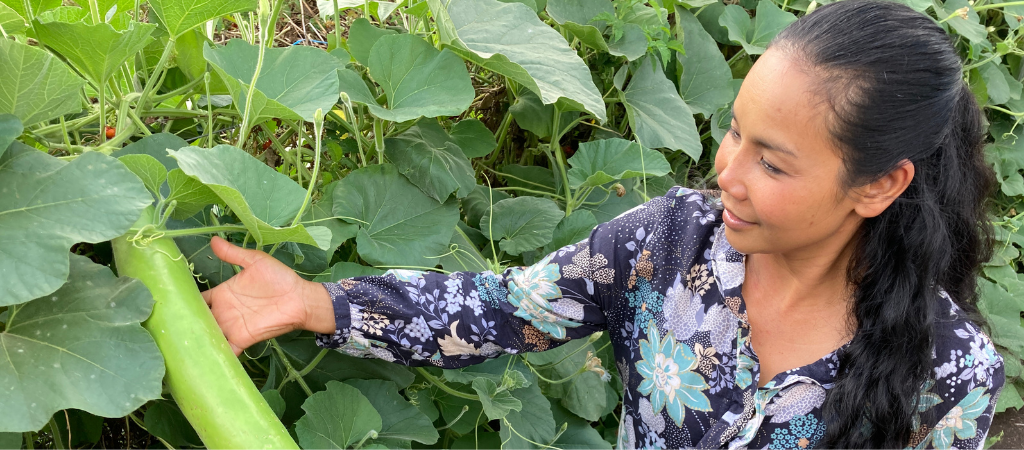
This year, Kanon has set herself a new target to also grow the majority of raw produce used in her condiments right here in Toowoomba; which will not only ensure that her product is the freshest on the market but also boast the lowest food miles.
Kanon swears by ‘egg hormone’ to stimulate plants and productivity which is commonly used and widely accepted as a gardening practice in her native Thailand.
“I’m from northern Thailand up near Loas so the galanga and lemongrass in my recipes is influenced from my home; even though I wasn’t allowed to cook at home because my Mum said I was too slow!” Nayada Hansopa said.
“The lemongrass grows like a weed here. It does drop off a little in winter, but we find if you cut off the leaves at the end of the season where the frost has damaged it, then it just goes again,” Ms Hansopa said.
“We’ve planted mock orange hedges around the edge of the gardens and bamboo to protect it from the weather and frosts, and this year I’ll put some plastic up around the plants that feel the cold to protect them better” she said.
“I think in another 8-12 months we will really be where we want to be with the garden.”
For more information on ‘egg hormone’ check out this YouTube video
https://www.youtube.com/watch?v=zsCcba65jUs
Kanon and Jim have recently bought a machine from Thailand to assist with cooking the chilli.
“It was quite a sight when it was cooking time. Kanon would have five woks going simultaneously and she’d be wearing a mask and goggles because the chilli vapour would burn her skin and make her eyes red and sore,” Jim Kelleher said.
“The chilli burns if you don’t stir it constantly and poor Kanon would get tennis elbow from stirring the woks, because it could take up to 8 hours to reduce the fresh chilli to make her products,” Mr Kelleher said.
“So we bought this machine from Thailand to be able to stir and reduce the product for her, rather than Kanon having to do it by hand,” he said.
“JL Laboratories have done the nutritional value testing and longevity tests on her product. There is a lot to consider when you are manufacturing a food product in Australia and Kanon is determined to offer the best product she can.”
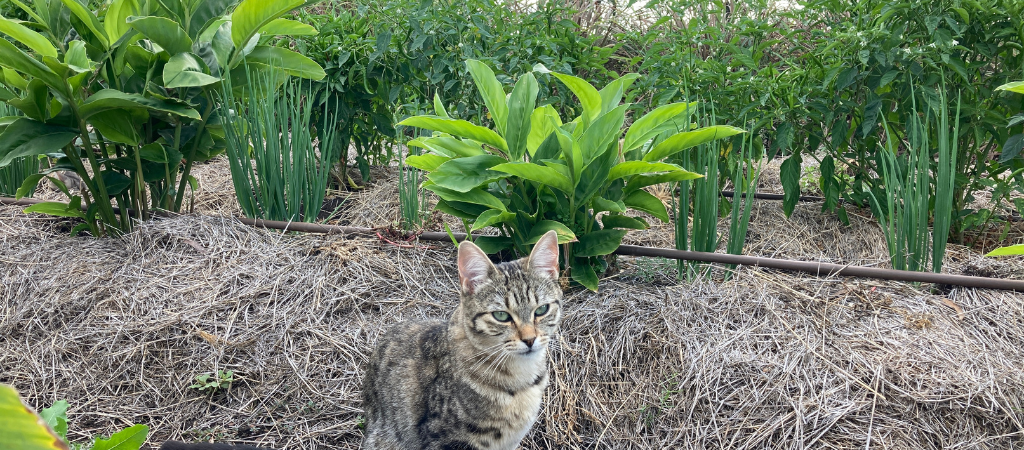
“We’ve got many, many mint because the bees love it; and with the rosella’s we are trying to mix up the list of plants in the garden and try new things and be inspired to use them in my cooking,” Nayada Hansopa said.
The heat of chillis is measured by the Scoville Scale and Kanon’s chocolate chillis must be harvested wearing gloves.
There’s a temporary bee hive in the corner with its residents busily buzzing around the garden naturally pollinating the plants.
“We’ve got many, many mint because the bees love it; and with the rosella’s we are trying to mix up the list of plants in the garden and try new things and be inspired to use them in my cooking,” Nayada Hansopa said.
“A long time ago we’ve been told the farm used to be an asparagus farm so we find little asparagus growing up in the paddock on occasion too,” Ms Hansopa said.
“The Rosella and asparagus are not Thai, but cooking and food is dynamic and it's exciting and fun to try new things and tastes,” she said.
“It’s like the pig weed for Australians, you don’t eat it, but in my country the Naturopaths believe it is very good for you and we use it in stir frys and salads.”
Check out this link to pig weed as a bushfood
https://tasteaustralia.biz/bushfood/pig-weed/
The garden also sustains the household food needs for both Kanon and Jim, with oversupply being offered as fresh produce at the markets.
“About the only thing that we buy from the store is a little meat and some carrots. It’s traditional in my country to kill your own ducks and chickens but we don’t eat them on the same day as we kill them so that your body and spirit forgets. We wait a couple of days to eat,” Nayada Hansopa said.
“We’ve also got lambs which we will get a farm butcher to kill for us,” Ms Hansopa said.
“We’re hoping to offer cooking classes right here at the farm where people will be able to go down to the garden to collect the vegetables and herbs they need for cooking and see just how easy it is to have your own garden, cook your own food and taste just how good it is,” she said.
“We dream of being entirely self-sufficient, eat not much chemical in our food, no preservatives and if we can manage this with no idea, people can do it.”
Here is a list of all the plants growing in Kanon and Jim’s garden:
Tumeric, lemon bitter, cucumbers, winter melon, marigolds, lady finger ginger, white choko, pumpkin, galango, Thai spring onions, Thai sweet basil, Thai melon, rosella, asparagus, sweet potato, lemon grass, habanero chilli, cayenne chilli, chocolate chilli, thai spicy chilli, sweet corn, waxy corn, capsicum, strawberries, bananas, purple sweet potatoes, figs, white radish, black Russian tomatoes, cherry tomatoes, white turmeric, cucamelon, Thai snake beans, peanuts, bell peppers, ocra, pig weed, mint, taro, zucchini, artichokes and peaches.
To find out more visit:
Chilli Kanon : https://www.chillikanon.com/
Many Rivers : https://manyrivers.org.au/
NEIS : https://www.dewr.gov.au/new-business-assistance-neis/neis-training-support-and-payments
*https://www.ethical.org.au/3.4.2/get-informed/issues/food-miles-buying-local/

